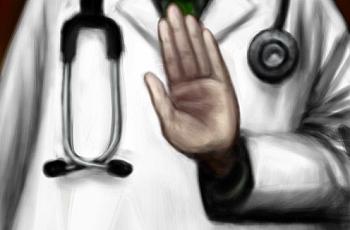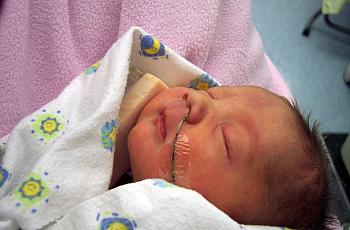
William Heisel
Contributing Editor

Contributing Editor
I have reported on health for most of my career. My work as an investigative reporter at the Los Angeles Times and the Orange County Register exposed problems with the fertility industry, the trade in human body parts and the use of illegal drugs in sports. I helped create a first-of-its-kind report card judging hospitals on a wide array of measures for a story that was a finalist for the Pulitzer Prize. I was one of the lead reporters on a series of stories about lead in candy, a series that also was a finalist for the Pulitzer.For the Center for Health Journalism (previously known as Reporting on Health), I have written about investigative health reporting and occasionally broke news on my column, Antidote. I also was the project editor on the Just One Breath collaborative reporting series. These days, for the University of Washington, I now work as the Executive Director for Insitutue for Health Metrics and Evaluation's Client Services, a social enterprise. You can follow me on Twitter @wheisel.

<p>Can strict rules regulating when and where health care workers may wear hospital scrubs really stem the spread of antibiotic-resistant germs? Dr. David C. Martin weighs in with a guest post.</p>

<p>Illinois state lawmaker Mary Flowers plans to resurrect some of the state's patient rights' legislation. Here's how she plans to do it.</p>

<p>Illinois state Rep. Mary Flowers talks with me about how Antidote's Doctors Behaving Badly series helped revive her patient safety bill.</p>

<p>Researchers are finally starting to answer the question of whether hospital scrubs can pose a danger to patients — and people on the subway.</p>

<p>Shannon Brownlee offers a not-so-modest proposal for universities to stamp out pharma ghostwriting benefiting researchers.</p>

<p>Always pay for your own dinner and other rules for academics who interested in working with pharmaceutical companies — but want to retain their independence. </p>

<p>Remember that dating book "The Rules"? Academics entering into partnerships with pharmaceutical companies could use a similar set of rules to avoid future career heartbreak. </p>

<p>Everyone worries about whether medical residents are getting enough rest to safely care for patients. But why aren't hospitalized patients — especially children — allowed to get the sleep they need to recover?</p>

<p>By the time the San Gabriel police caught up with Dr. Lars Hanson, he was half-naked, locked in his car and refusing to answer questions about a patient who had been sent to the ER from his unlicensed abortion clinic. So why is he only getting a slap on the wrist from California's medical board?</p>

<p>After scaring its own physicians and nurses into submission, the government of Bahrain now is targeting one of the world’s most revered humanitarian organizations: Doctors Without Borders/Médecins Sans Frontières (MSF).</p>